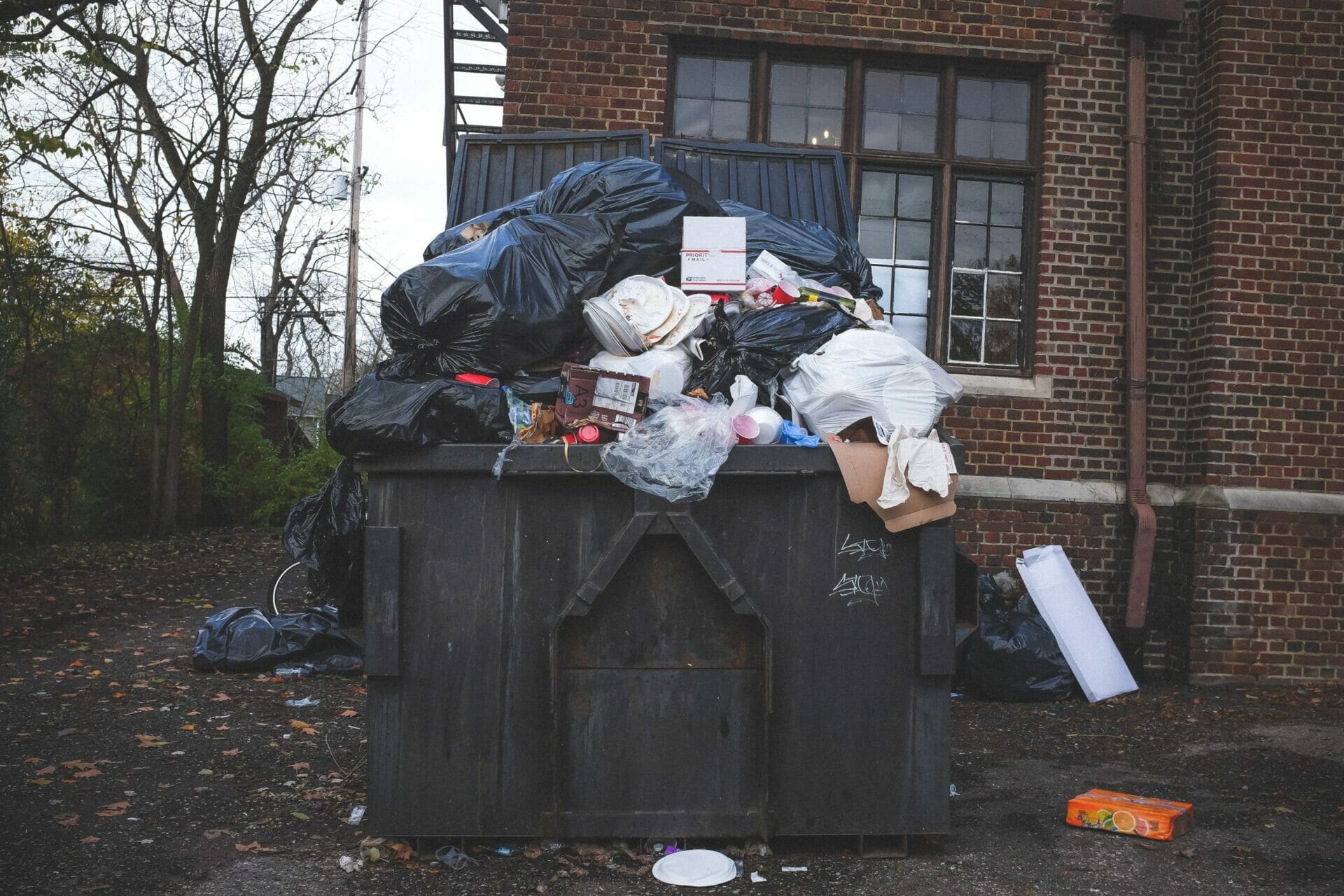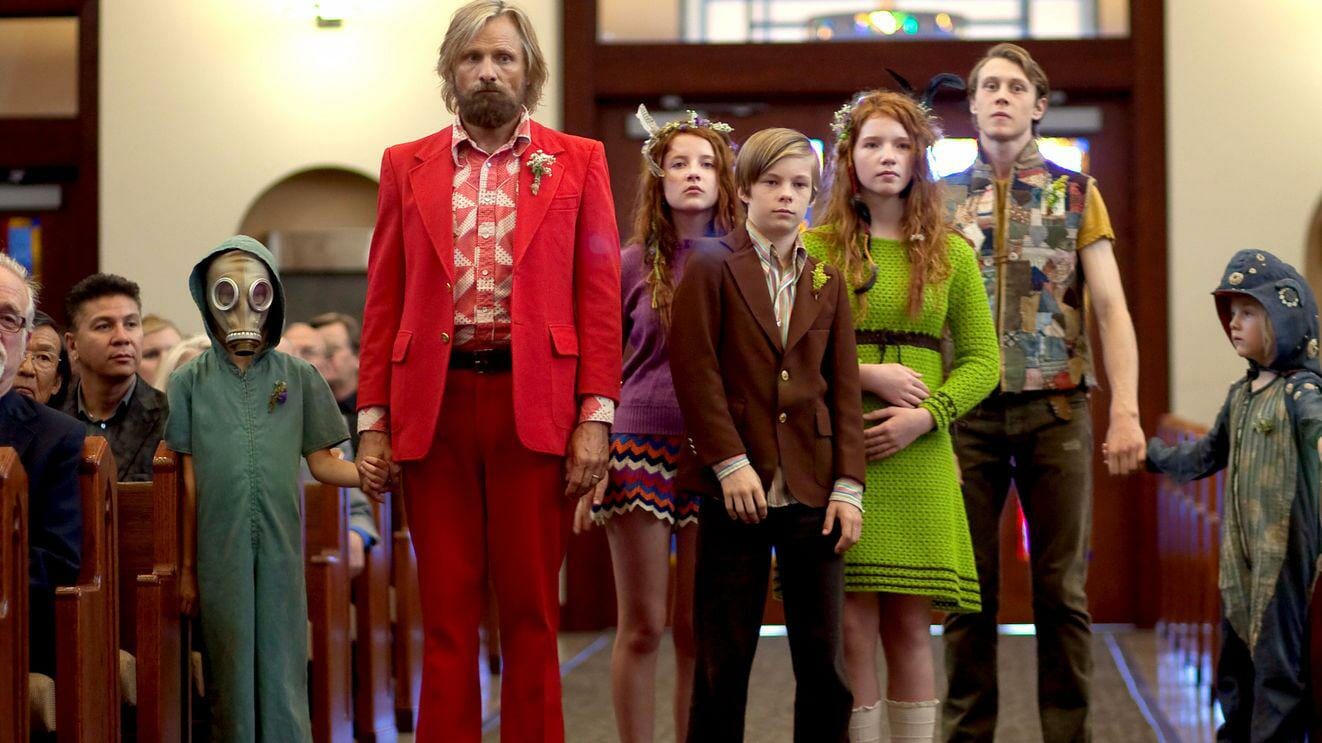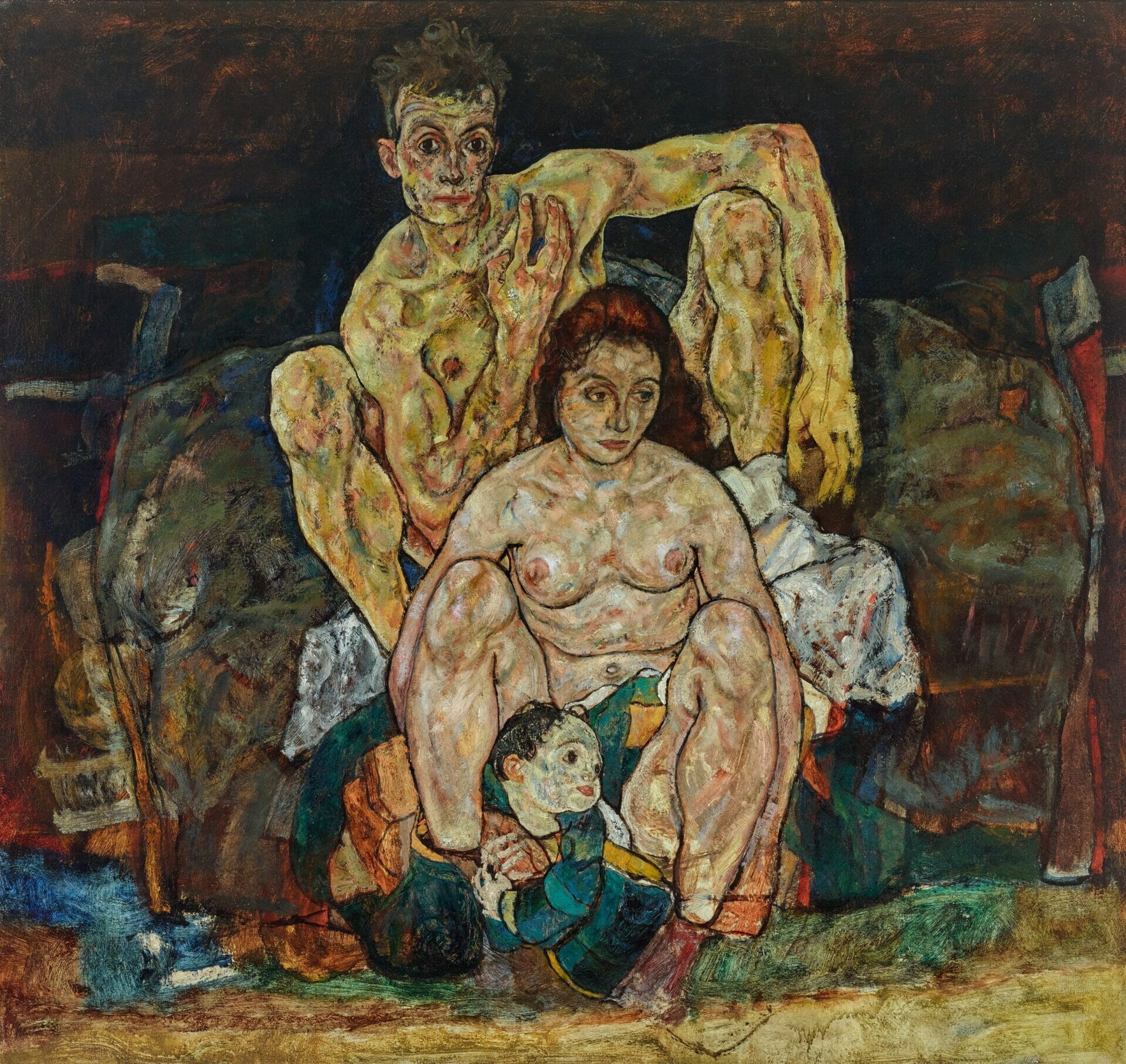
Shameless | Tongue-in-cheek humor and kitchen sink realism
Seasons
Runtime
By
From 7th Heaven to This is Us, from Parenthood to Modern Family, over the years, many series have analysed family relationships and portrayed their changes over time. Shameless is part of this prolific trend. A series that carves out its own niche, not only for the themes it addresses but especially for the way it treats them on screen. The Gallaghers are anything but a numerous, noisy, unconventional and close-knit family. They often behave strangely and act at the limits of legality. In that, they differ from the Shelbys (Peaky Blinders) or the Lannisters (Game of Thrones), because of geography: they live, indeed, in a decadent and contemporary South Side Chicago.
The Gallaghers
Shameless US is the American remake of the UK series of the same name, created by Paul Abbott in 2004. Through Frank Gallagher’s voice and body (William H. Macey), the alcoholic head of the family – in name but not in fact – we come to meet the whole family. From the very first sequences of the pilot, we are struck by the biting irony that is the series’s hallmark.
Nobody’s said our neighborhood’s the Garden of the Eden. Hell, some people say God avoid this place altogether. But It’s been a good home to us, to me and my kids, who I’m proud of…because every single one of them reminds me a little bit of me.
[…]
And me Frank Gallagher, father, teacher, mentor, captain of our little ship. We may not have much, but all of us, to a man, knows the most important thing in this life: We know how to fucking party Wa-ha!”
Frank Gallagher (William H. Macey), Shameless season 1 Ep.1
The contrast between the Gallagher family’s description and their visual portrait offers a first taste of the series’s comedic nature. Six children, a drug-addicted and absent mother and an alcoholic father who delegates everything to his eldest daughter, Fiona (Emmy Rossum). A family without a dime, in which even the youngest have to do their part to pay the bills.
Comedy doesn’t mean shallowness
Shameless tackles issues such as poverty, addiction, homosexuality, mental illness and racism. The creator, Paul Abbott, was freely inspired by his family experience to write the series. He and the other lead creator, John Wells, decided to use a comedic lens to approach this complex social environment. A humour that seems excessive and jarring, in strong contrast to the difficulties of the family. Actually, this type of comedy creates an estrangement effect, keeping viewers glued to the characters.
In an interview for the conferral of his honorary degree at Keele University, Paul Abbott explained this choice:
Nobody wants to watch a thing about poverty […] I was trying to tell the truth about a certain level of poverty and Frank was my immune system, because they just laugh at him.
Paul Abbott, Keele University interview, 2015
A reality portrait
Shameless represents what we often don’t want to see: life on the edge of marginalisation. It gives a real, though fictionalised, insight into what it means to live nowadays, especially if you belong to the less fortunate, though prevailing, side of society. The Gallagher brothers are intelligent guys who embody, however, a statement: qualities are not always enough, if you lack the basic means for survival. The series, in fact, is far from representing the usual “social ladder climbing“: each one of them takes one step forward, and two steps back right after that. This may frustrate the viewer, but it actually contributes to the humanity and truthfulness of the series.
However, they’re all somehow addicts. To damaged and possessive love, to lying and deceiving, to clutter and chaos. But that’s not even surprising, since they grew up without parental figures and with limited prospects for the future. Then slowly – through a long series of failures, self-sabotages and relapses – they change, grow and free themselves while remaining ever-present for each other. A very real and raw representation of how changes occur in real life.
Kitchen sink realism
In some ways, Shameless is an example of the ‘kitchen sink realism‘ genre, given the environments and social context it depicts. The producers have pointed out that they want to create “a piece of television truth”. Moreover, in an interview released by Showtime for the season finale, John Wells stated:
I think it was important to trying not to do anything that was self-congratulatory in a way which we solved everybody problems […] because that’s not what happens at families living under these circumstances.
John Wells, interview by Hollywood journalist Stacey Wilson Hunt
In this perspective, they also decided to include the pandemic in the last 2021 season. The series analyses the consequences of this event, especially for large families and those who are economically disadvantaged. Shameless undoubtedly shows the flaws of a system, exploiting them for the sake of narration and to create a genuine, powerful social satire.
Multi-sensory tools
Following the social realist genre, Shameless employs various audiovisual techniques to create a setting as close to reality as possible. The use of powerful, loud, and thrilling music, along with camera-shaking techniques, increases the scenes’ energy and movement, recalling another coming-of-age series like Skins. Moreover, the fast cutting editing implies chaos and disorder, a constant in the Gallagher’s family house.
A thorny vividness adds a substantial emotional impact as well, particularly in the substance abuse and frequent sex scenes. But Shameless also breaks the fourth wall, with protagonists directly addressing the viewers during each episode’s intro. A witty visual strategy also seen in House of Cards and Euphoria.
Moreover, by being politically incorrect, Shameless avoids being indulgent and avoids eliciting pity in a specific social context. It only aims for a faithful representation and critique of the system and its hypocrisy. That’s probably why it became the longest-running original scripted series in Showtime‘s history.
Tag
Buy a ☕ for Hypercritic










